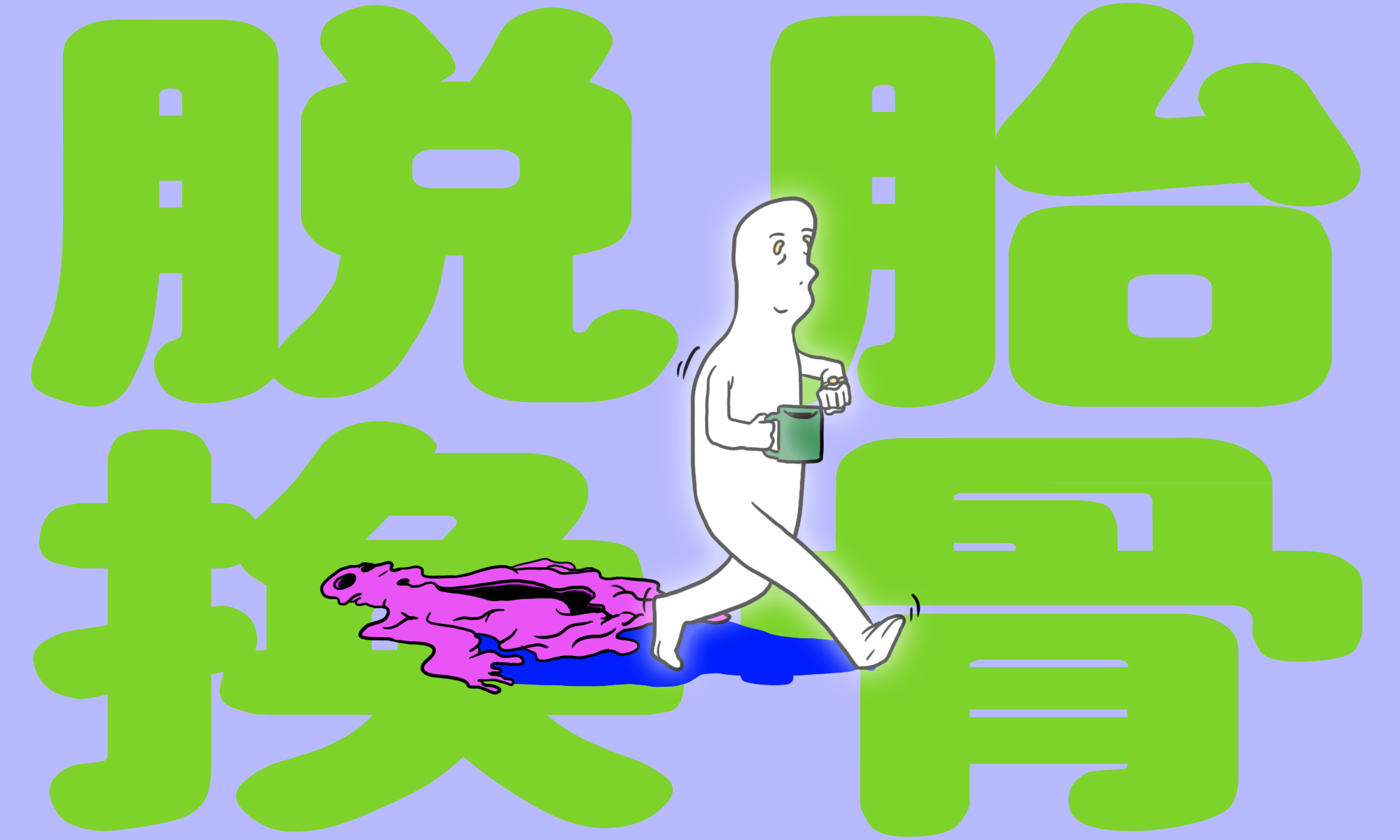‘Totally reborn’ — Phrase of the Week
Is the return of the ‘supply and marketing cooperative’ a sign that the command economy is back, or has the concept been reborn?

Our phrase of the week is: Totally reborn (脱胎换骨 tuōtāi huàngǔ).
Context
Supply and marketing cooperatives (供销社 gōngxiāoshè) were established after the Communist Revolution in 1949 as the retail storefronts of the planned economy.
Widespread in China until the 1980s, supply and marketing cooperatives are a state-run system of supplying essential goods and products to people in rural areas of the country. In recent years, most of these cooperatives have disappeared with China’s economic reforms, the rise of the private sector, and more recently, the burgeoning online consumer economy.
But they are back in the news and in social media discussions following an article in the Hubei Daily stating that “1,373 grassroots supply and marketing cooperatives had been restored with basic coverage across the whole province.”
Some internet users and media commentators took this as a signal that China was lurching backward to the command economy of the pre-reform era.
Supply and marketing cooperatives became a hot term on social media, not because we miss them, but because we are concerned about going back to a time when everything was bought using government coupons.
供销社重新成为热词,不是大家怀旧,而是害怕回到凭票买东西的时代。
Gōngxiāoshè chóngxīn chéngwéi rècí, búshì dàjiā huáijiù, érshì hàipà huídào píng piào mǎi dōngxi de shídài.
The government has denied these claims, saying this is part of a drive to improve rural logistics, finance, and ecommerce services, helping to accelerate the modernization of China’s rural economy, which is all part of the “common prosperity” (共同富裕 gòngtóng fùyù) drive:
After years of market reforms, the supply and marketing cooperatives of today have been reborn; they are closer to the market, more like a company, and much more dynamic.
经过了多年的市场化改革,当前的供销社已然“脱胎换股”,更贴近于市场,更接近于公司,也更具活力。
Jīngguòle duōnián de shìchǎnghuà gǎigé, dāngqián de gōngxiāoshè yǐrán tuōtāi huàngǔ, gèng tiējìnyú shìchǎng, gèng jiējìnyú gōngsī, yě gèng jù huólì.
Translation
The phrase for reborn in Chinese translates directly as “leave the fetus” (脱胎 tuōtāi), “change bones” (换骨 huàngǔ). In other words, to be reborn, to cast off one’s old self and take on a new self, or to become totally different.
In this sentence, there’s an extra complication: The character for bone (骨) is replaced by stock (股) — both pronounced as “gǔ.” This is a pun referring to a new type of listed company — “supply and marketing concept stocks” (供销社概念股 gōngxiāoshè gàiniàn gǔ) — on China’s stock markets, which themselves are radically different from the old concept of supply and marketing cooperatives.
The original phrase was a Taoist saying, describing someone who has gone through great pain to improve themselves and become a better and totally new person.
Taoists believe that in order to attain the Tao, they must go through great pain. In achieving this they will leave their fetus, and change their bones.
道教徒认为人在苦修得道之后,就能脱下胎,换上骨。
Dàojiàotú rènwéi rén zài kǔxiū dédào zhīhòu, jiù néng tuō xià tāi, huàn shàng gǔ.
It first appears in the Song dynasty work Night Talks Recorded by Lengzhai (冷斋夜话 lěng zhāi yè huà), by Shì Huìhóng 释惠洪.
In modern Chinese, it’s become a metaphor for a dramatic change from an old or obsolete format. It was also a favorite phrase of Máo Zédōng’s 毛泽东 in the 1950s:
We need radical change!
我们说要脱胎换骨!
Wǒmen shuō yào tuōtāi huàngǔ!
But the point commentators are trying to make about supply and marketing cooperatives here is that the renewed focus on them is not a lurch back to the 1960s and ’70s China.
They are now totally different: a modern network of logistics and distribution hubs run like modern businesses, some of which are major listed companies.






